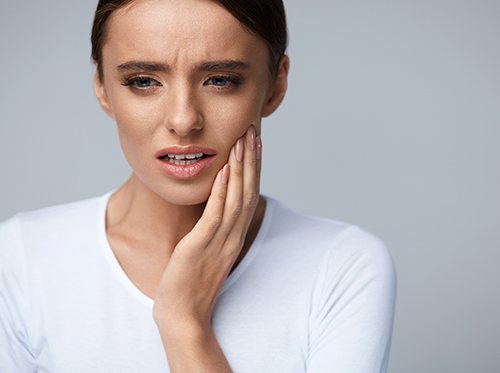Periodontics and Pregnancy
November 19th, 2025

Periodontal health — which refers to the condition of the structures that support your teeth — is an important part of your oral and overall health. However, periodontal health becomes even more important when you're pregnant. Bad oral health can have detrimental effects on the health of your unborn child and can lead to low-birth weight babies and giving birth to a pre-term baby, according to reports by the American Academy of Periodontology (AAP), the European Federation of Periodontology (EFP), and several research studies.
Periodontal disease (gum disease) is a set of chronic, bacteria-induced, inflammatory diseases that attack the gum tissue and in more severe cases, the bones supporting the teeth. Early signs of periodontal disease usually include tenderness, swelling, and redness. Symptoms can also include bleeding gums when flossing or brushing, receding gums, loose teeth, and bad breath. These signs shouldn't be ignored, especially if you're pregnant.
Prevention is the best tool you have to fight periodontal disease. Here are some steps you can take to keep your gums in tiptop shape:
- Brush your teeth properly twice a day – angle your toothbrush at the gum line to help disrupt the bacterial growth that eventually leads to periodontal disease, and make sure you don't brush too hard.
- Floss daily and clean behind the back molars on the top and bottom of your mouth.
- Use antiseptic mouthwash to rid your mouth of the bacteria that can cause gum disease.
- Get regular checkups at our Tallahassee, FL office to ensure you have no signs of periodontal disease and that your oral hygiene habits are effective.
Drs Julie Bailey, Jacob Woods, Marci, Glenn, and Brian Beck and our team urge women to care for their periodontal health during pregnancy to avoid complications. If you have any questions regarding periodontal health and how it affects you and your baby's overall health, please contact our Tallahassee, FL office for more information.




 Website Powered by Sesame 24-7™
Website Powered by Sesame 24-7™